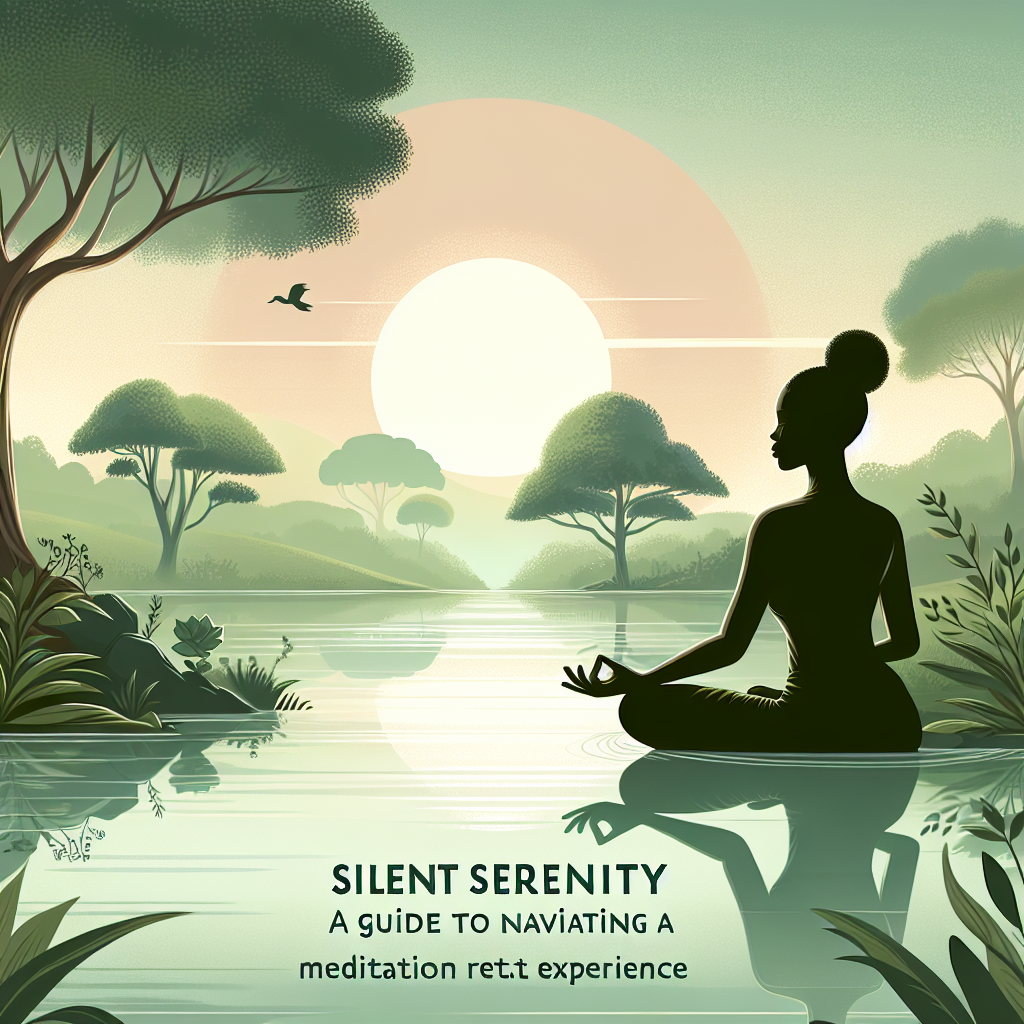Mindfulness meditation: A Path to Inner Peace, Resilience, and Emotional Balance
In today’s fast-paced world, it can be challenging to find moments of peace and tranquility amid the chaos and noise of daily life. The constant demands of work, family, and social obligations can leave us feeling stressed, anxious, and overwhelmed. However, mindfulness meditation offers a powerful antidote to the chaos and busyness of modern life, providing a pathway to inner peace, resilience, and emotional balance.
Mindfulness meditation is a practice that involves focusing on the present moment with open awareness and acceptance. This practice has its roots in ancient Buddhist traditions but has gained popularity in recent years as a secular practice that can benefit people from all walks of life. By bringing our attention to the present moment without judgment or attachment to our thoughts and feelings, we can cultivate a sense of calm and clarity that can help us navigate life’s challenges with greater ease and grace.
One of the key benefits of mindfulness meditation is its ability to cultivate inner peace. By training our minds to focus on the present moment, we can learn to let go of past regrets and future worries, allowing us to experience a sense of peace and contentment in the here and now. This sense of inner peace can be a powerful antidote to stress and anxiety, helping us to feel more grounded and centered in the midst of life’s ups and downs.
In addition to promoting inner peace, mindfulness meditation also helps to build resilience in the face of adversity. By practicing mindfulness, we can develop a greater capacity to cope with difficult emotions and situations, allowing us to bounce back more quickly from setbacks and challenges. Rather than getting caught up in a cycle of negative thoughts and emotions, mindfulness meditation teaches us to observe our experiences with curiosity and compassion, helping us to cultivate a sense of resilience and emotional strength that can help us weather life’s storms with greater ease.
Furthermore, mindfulness meditation can also promote emotional balance by helping us to cultivate a greater awareness of our thoughts and emotions. By practicing mindfulness, we can learn to observe our thoughts and feelings without getting swept away by them, allowing us to respond to situations with greater clarity and emotional intelligence. This can help us to cultivate greater self-awareness and emotional regulation, leading to more harmonious relationships and a greater sense of inner peace and well-being.
In addition to its numerous benefits for mental and emotional well-being, mindfulness meditation has also been shown to have physical benefits. Research has shown that mindfulness meditation can reduce stress, lower blood pressure, improve immune function, and even promote healthy aging. By cultivating a greater sense of presence and awareness, mindfulness meditation can help to promote overall health and well-being, leading to a more vibrant and fulfilling life.
FAQs:
1. How do I start a mindfulness meditation practice?
To start a mindfulness meditation practice, find a quiet and comfortable place to sit or lie down, close your eyes, and bring your attention to your breath. Notice the sensations of breathing in and breathing out, and gently direct your attention back to your breath whenever your mind wanders. Start with just a few minutes a day and gradually increase the length of your practice as you feel comfortable.
2. How often should I practice mindfulness meditation?
It is recommended to practice mindfulness meditation daily for at least 10-20 minutes, but even just a few minutes of practice each day can be beneficial. Consistency is key, so try to find a time and place in your daily routine where you can dedicate a few moments to cultivating mindfulness.
3. What are some common obstacles to mindfulness meditation?
Some common obstacles to mindfulness meditation include a busy mind, distractions, discomfort, and a lack of motivation. It is normal to experience these obstacles when starting a meditation practice, but with patience and perseverance, you can learn to overcome them and cultivate a more consistent practice.
4. How can I incorporate mindfulness into my daily life?
In addition to formal meditation practice, you can incorporate mindfulness into your daily life by bringing awareness to everyday activities such as eating, walking, and driving. Try to be present and fully engaged in the moment, noticing the sensations, sights, and sounds around you without judgment or attachment.
5. How long does it take to see benefits from mindfulness meditation?
The benefits of mindfulness meditation can vary from person to person, but many people report feeling a sense of calm and clarity after just a few minutes of practice. With consistent practice, you may begin to notice improvements in your mental and emotional well-being, as well as physical benefits such as reduced stress and improved sleep.
In conclusion, mindfulness meditation offers a powerful pathway to inner peace, resilience, and emotional balance, providing a sanctuary of calm and clarity in the midst of life’s chaos and busyness. By cultivating awareness and presence in the present moment, we can learn to navigate life’s challenges with greater ease and grace, leading to a more vibrant and fulfilling life. So why not take a few moments each day to cultivate mindfulness and explore the transformative power of meditation in your own life?




Leave A Comment